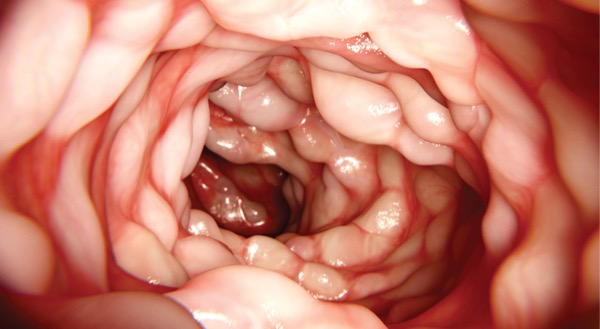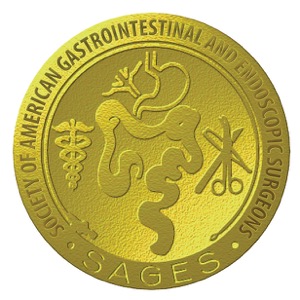An analysis of graduating residents’ scores on the Fundamentals of Endoscopic Surgery (FES) skills test showed men were 30% more likely to pass than women, with pass rates of 92% compared with 71%.
This gap does not reflect inherent differences in ability by sex but very likely results from systemic issues in the way flexible endoscopy is trained and performed, said lead author Matthew Lineberry, PhD, an associate professor at the Zamierowski Institute for Experiential Learning at the University of Kansas Medical Center, in Kansas City.
“It doesn’t seem likely to us that the test itself is biased but rather that it seems to be revealing bias in other aspects of training and surgery,” Dr. Lineberry said.

A contributing factor may be device design, he said. Many instruments are designed for larger hands. A person with a glove size 5.5 cannot wrap their ring and pinky fingers completely around the handle shaft of a colonoscope, leading to reduced grip security.
The full paper is published in Surgical Endoscopy (2020; 34[8]:3633-3643). It includes photos illustrating the effects of hand size on instrument control and a detailed discussion of potential explanations for the sex-related difference.
Investigators analyzed de-identified, first-attempt skills test scores and self-reported demographic characteristics of 2,023 general surgery residents who were required to pass the FES assessment.
Residents’ sex, glove size and height were closely correlated, but statistically controlling for glove size and height did not eliminate the sex difference in scores.
The overall pass rate was 83%. Results showed that the volume of a resident’s clinical experience correlated with passing, especially for colonoscopy and lower gastrointestinal tract procedures. But residents’ performance on each of the five tasks required skills only moderately related to their performance on the other four. Loop reduction was the most difficult of the subtasks, analysis showed.
A previous study suggested the FES simulator GI Mentor Express was associated with higher scores, so investigators applied a conversion factor to tests on this simulator to correct for perceived bias. However, examinees who tested on this simulator had lower total scores and a lower pass rate than those on the GI Mentor II, at 73% compared with 85%. When investigators removed the Express-specific scoring rule, the disparity was eliminated. The Express simulator–specific scoring penalty should be removed from the FES test, Dr. Lineberry said.
In an accompanying commentary published in Surgical Endoscopy, three noted SAGES members wrote that the study raises issues that the FES committee “can and should wrestle with,” especially sex-related differences in pass rates.
“The results add to the call for a critical assessment of the entire paradigm of surgical development in light of its male-dominated origins,” they wrote, adding that the field should “welcome, celebrate and benefit from the contributions of a much more diverse set of providers and trainers than we have historically enjoyed, and in some cases, allowed.”

